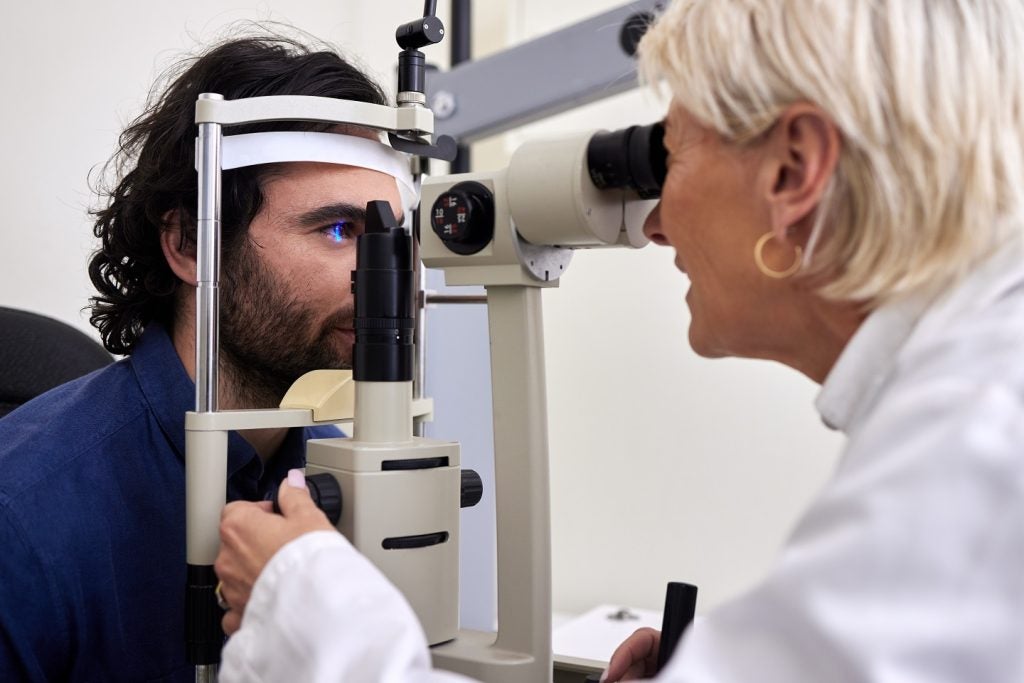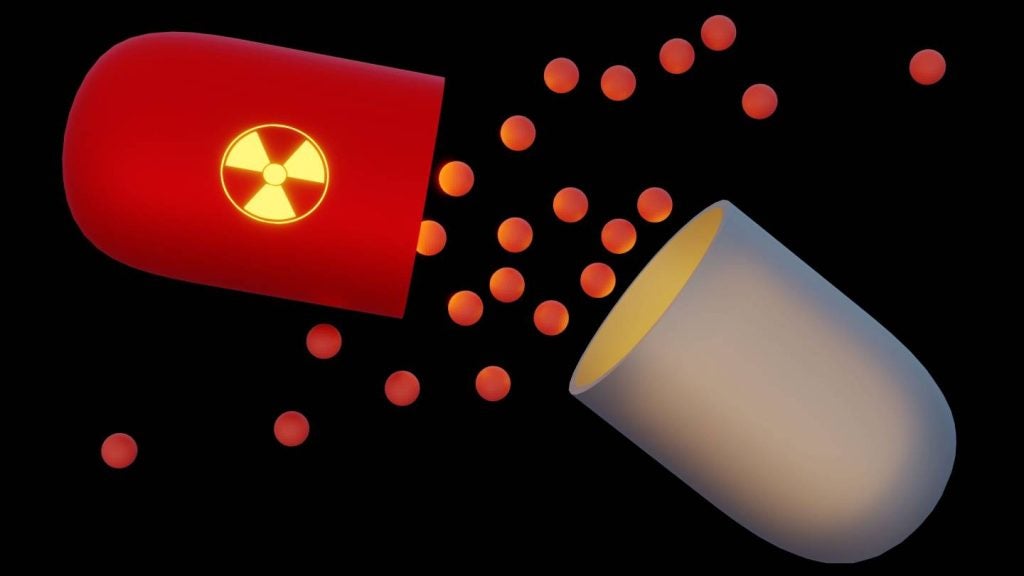The US Food and Drug Administration (FDA) has granted regenerative medicine advanced therapy (RMAT) designation to Beacon Therapeutics’ gene therapy, laru-zova, for treating X-linked retinitis pigmentosa (XLRP), a severe, inherited retinal disease.
The decision is based on the initial clinical evidence from the Phase II trials, DAWN and SKYLINE, which are assessing the safety, tolerability and efficacy of the therapy in XLRP individuals, who express retinitis pigmentosa GTPase regulator (RPGR) gene mutations.
Beacon Therapeutics CEO Lance Baldo stated: “The FDA’s decision to grant RMAT designation to laru-zova is a significant milestone for the XLRP patient community, and underscores our promising data and the potential for laru-zova to significantly improve the lives of patients who suffer from XLRP.
“We look forward to working closely with the FDA on continued development activities to support an expedited pathway for laru-zova.”
Laru-zova demonstrated improvements in low luminance visual acuity (LLVA) in the DAWN trial.
The therapy also gained fast track status from the US regulator, the UK Medicines and Healthcare Products Regulatory Agency’s innovative licensing and access pathway designation, and the European Medicines Agency’s PRIME designation.
Designed to express the full-length RPGR protein, laru-zova addresses the extensive photoreceptor damage in XLRP.
There are no currently available treatments for this condition, which primarily impacts young males.
With a late-stage candidate for XLRP and two preclinical programmes targeting inherited cone-rod dystrophy and dry age-related macular degeneration, Beacon continues to advance its portfolio.
The company's efforts are supported by funds from Advent Life Sciences, Forbion, Oxford Science Enterprises, Syncona and TCGX.
In July 2024, the company secured $170m in Series B funding to further the development of its XLRP treatment, AGTC-501.














